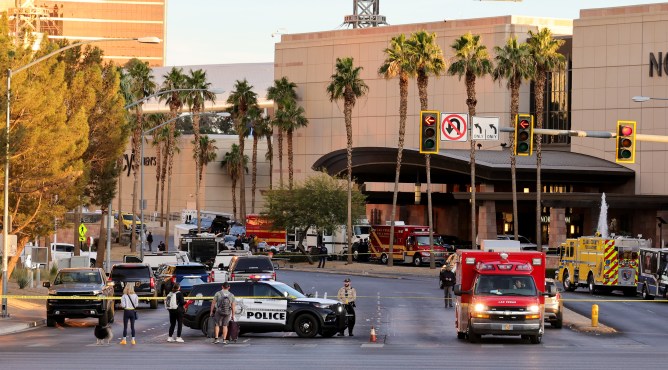Turo’s CEO Responds, Raises Questions about Platform’s Security Measures
In a shocking turn of events earlier this week, two individuals rented cars from Turo, a peer-to-peer car-sharing platform, and used them to commit acts of violence. The first incident involved a military veteran driving a Ford F-150 Lightning into a crowd of people in New Orleans, resulting in at least 15 fatalities. The second incident occurred in Las Vegas, where an active-duty Green Beret rented a Tesla Cybertruck and allegedly blew it up, with the driver subsequently dying by suicide.
Turo’s Response
Turo’s CEO, Andre Haddad, released a statement expressing his outrage and shock at the incidents. He noted that Turo is working around the clock to determine how the platform was misused in such a egregious manner. However, the question remains: how could Turo or any similar platform have prevented these incidents?
Background Checks and Security Measures
Turo has been described as like Airbnb for cars, a platform where vehicle owners can rent out their vehicles for extra money or even as a full-time business. The company says it screens each renter through a proprietary multi-layer, data-science-based trust and safety algorithm called the Turo Risk Score. However, the details of this algorithm are unclear, and it is not specified what types of background checks are performed.
Over the years, some bad actors have managed to slip through the cracks, leading to controversy surrounding the use of Turo for human and drug trafficking. Hosts on the platform have also reported renting out their vehicles to individuals with criminal histories.
The Limitations of Background Checks
Even if Turo’s background checks were foolproof, the two perpetrators of the crimes in New Orleans and Las Vegas had valid driver’s licenses, clean criminal backgrounds, and were decorated U.S. military servicemembers. As Haddad noted, "They could have boarded any plane, checked into any hotel, or rented a car or truck from any traditional vehicle rental chain."
Turo’s Response to Criticism
In response to the incidents, Turo has announced that it will be investing in improving its risk score algorithm and assembling a team of former law enforcement professionals to help assess future risk. The company is also consulting with national security and counterterrorism experts to learn more about how to prevent similar incidents from occurring in the future.
The Larger Issue
While Turo’s response is a step in the right direction, it raises questions about the broader issue of platform accountability. With the rise of peer-to-peer car-sharing platforms like Turo, there is a growing concern about the potential for misuse and exploitation.
As Haddad noted, "We do not believe these two individuals would have been flagged by anyone — including law enforcement." This statement highlights the limitations of current security measures and the need for more robust solutions to prevent similar incidents from occurring in the future.
The Statistics
Turo claims to have facilitated 27 million trips over 12 years, with fewer than 0.10% ending with a serious incident like a vehicle theft. While this statistic may seem reassuring, it raises questions about the potential for misuse and exploitation on the platform.
What’s Next for Turo?
As Turo moves forward in the wake of these incidents, it will be important to see how the company responds to criticism and implements new security measures to prevent similar incidents from occurring. The question remains: can peer-to-peer car-sharing platforms like Turo balance the needs of hosts and renters with the need for robust security measures?
The Broader Implications
This incident raises broader questions about the accountability of platform companies and the need for more robust security measures to prevent misuse and exploitation. As the gig economy continues to grow, it will be essential for policymakers and industry leaders to address these issues and develop solutions that prioritize safety and security.
Related Articles
- Samsung will unveil the Galaxy S25 on January 22 — here’s what we expect
- Trump’s DOT pick wants EV owners to pay to use roads
Comments
- "This is a wake-up call for Turo and the peer-to-peer car-sharing industry as a whole. It’s time to rethink security measures and prioritize safety." – @carsharingpro
- "I’m not surprised by this incident. I’ve had issues with renters on Turo before, and it’s clear that the platform needs more robust security measures in place." – @turouser123
Share Your Thoughts
What do you think about the incidents involving Turo and the need for more robust security measures? Share your thoughts in the comments below.
